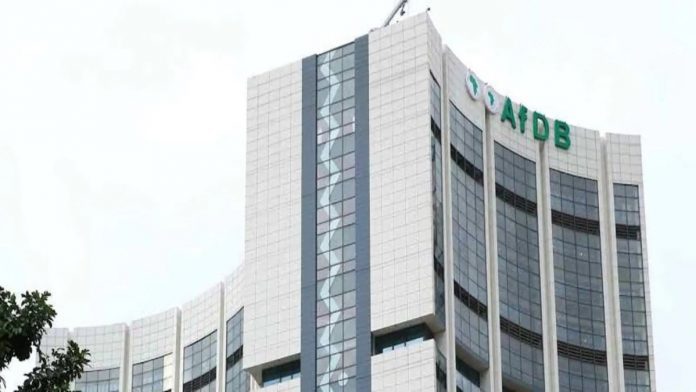News in Brief:
– AfDB is providing a funding of $134 million to Nigeria to boost production of key food crops like rice, maize, cassava, and soybeans.
– This initiative also includes collaboration with the Centre for Dryland Agriculture to improve access to information and empower young entrepreneurs in the sector.
The African Development Bank (AfDB) is pledging $134 million to support Nigeria in cultivating essential food crops, aiming to enhance the nation’s food security, according to a statement by the bank’s president, Akinwunmi Adesina.
This initiative targets the cultivation of 300,000 hectares each for rice and maize, 150,000 hectares for cassava, and 50,000 hectares for soybeans during the 2024 planting season. Adesina made revelation during his visit to the Centre for Dryland Agriculture (CDA) at Bayero University, Kano.
The project comes amidst growing concerns about climate change and its impact on African agriculture. Adesina highlighted the need for improved water management and climate resilient agricultural practices. “We live in an era of climate change, and yet only three per cent of African agriculture is under irrigation,” he said.
Meantime, the AfDB’s support extends beyond financial aid. The bank plans to collaborate with the CDA to establish a center dedicated to weather forecasting and information gathering, ultimately empowering farmers with crucial data for informed decision-making.
Furthermore, it intends to support young entrepreneurs in the agricultural sector through its ‘Agri Pitch’ and ‘Agri Hacking’ initiatives, which offer $20,000 in grants to help turn innovative ideas into reality.
Adesina commended the efforts of Bayero University’s vice-chancellor, Sagir Adamu-Abbas, and the CDA director, Jibrin Mohammed-Jibrin, in supporting farmers with access to technology and knowledge in the face of climate challenges.
The CDA, a World Bank-backed center, plays a significant role in the region by providing training programs for farmers and conducting research aimed at improving agricultural practices across West and Central Africa.



